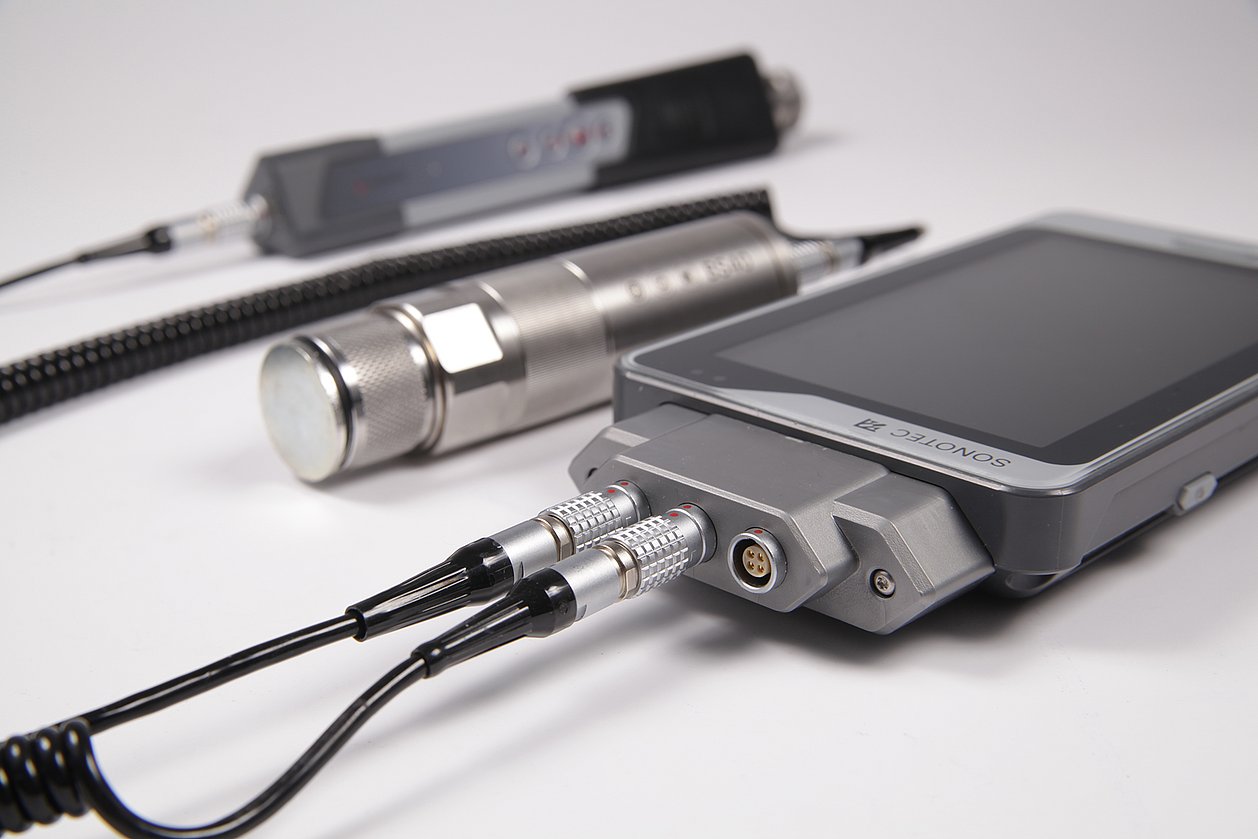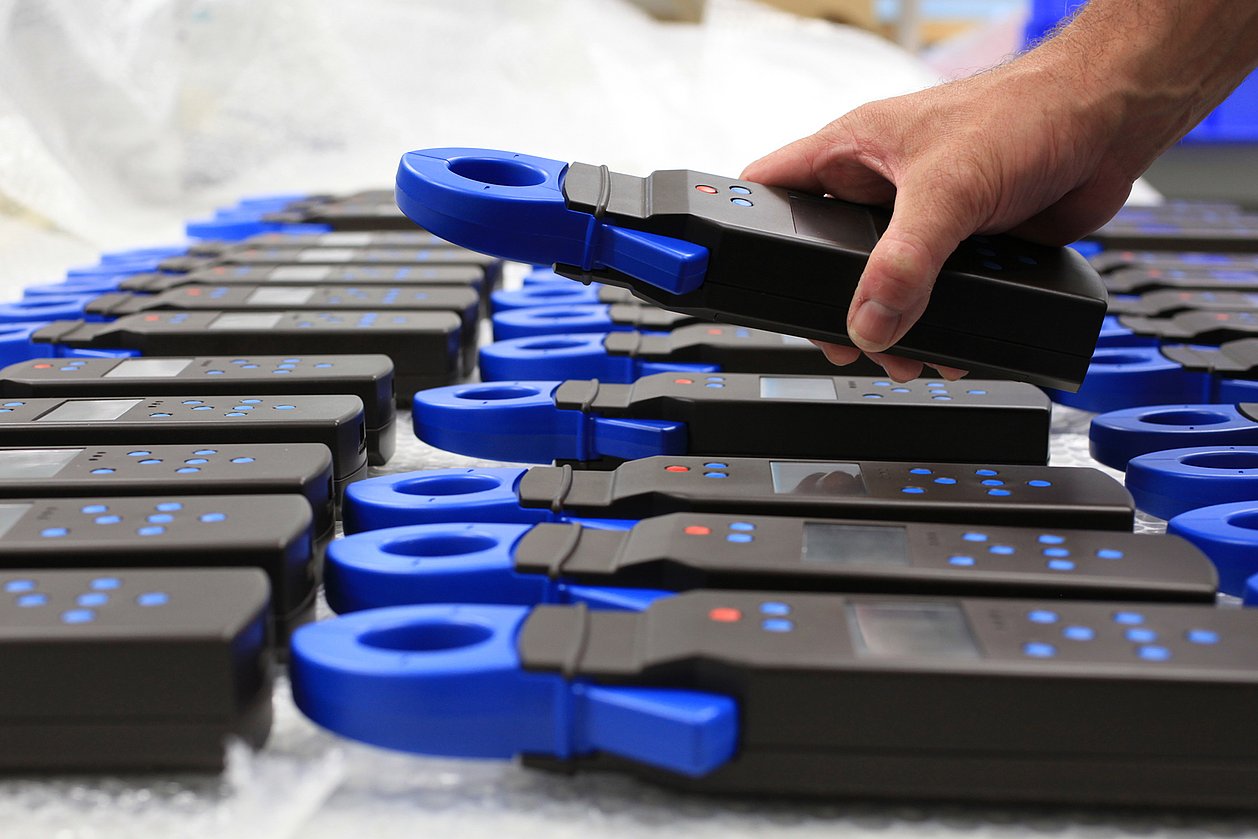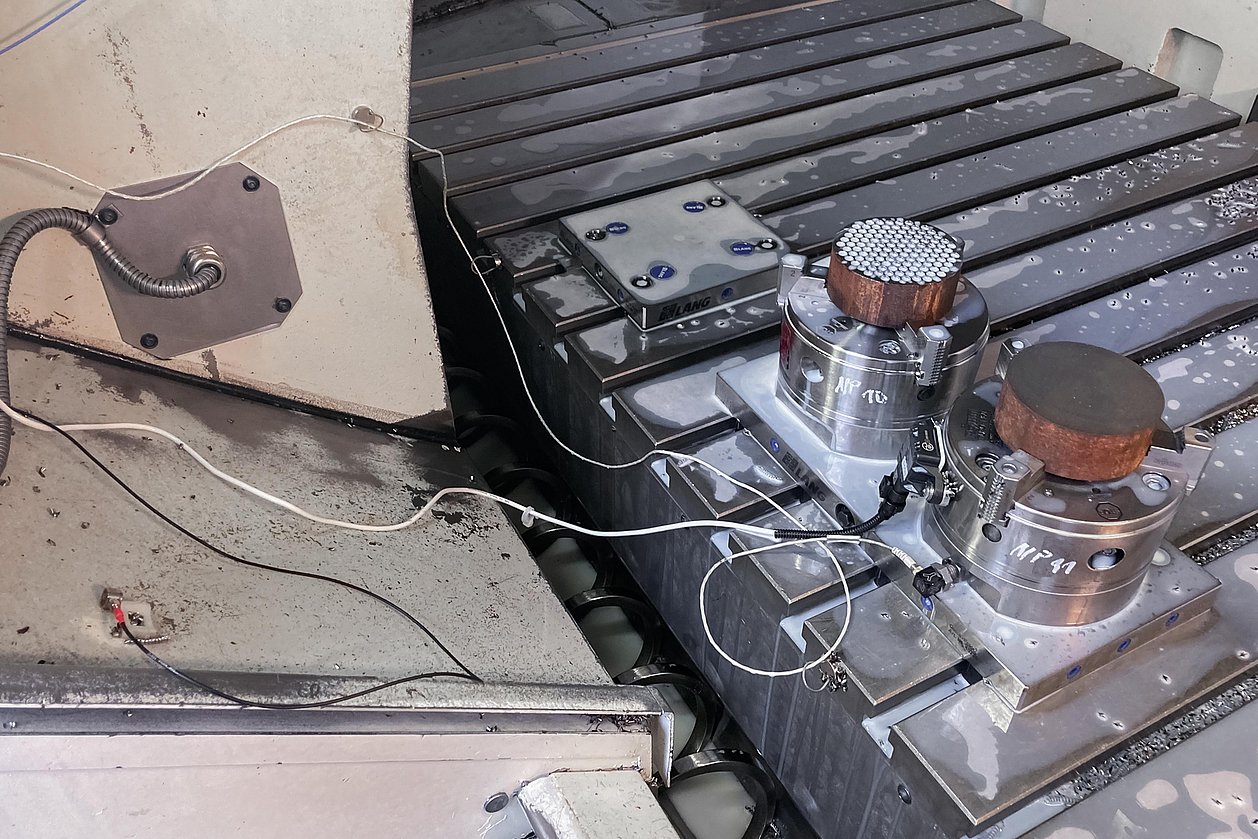Umut Onus, Embedded Software Engineer
“With the know-how at IMMS, not only I can build AI models that can help shape the future of maintenance and prognostics, but also I can contribute to the optimality and availability of such models for embedded devices.”
“Ever since I was involved with electrical engineering, I have had a keen interest in signal processing and telecommunications. During my bachelor thesis, I have worked on a testbed for antenna arrays using microcontrollers. That was my motivation to take a step into higher education at Ilmenau TU for the Master of Science program on Communications and Signal Processing.
My master thesis was on the topic of automated radio-signal characterisation for low-altitude drone-to-mobile radio channels using artificial intelligence (AI) assisted methods.
Such a topic drew my interest due to the use of drones and widely used mobile phones in rescue operations after disaster scenarios. Throughout the time, I built interest in AI and its application in the signal processing field. With the advances in machine learning and artificial intelligence approaches, we can automise labour-intensive tasks using mathematical models which will greatly impact future industrial technology. During my Master’s degree at Ilmenau TU, I took the great chance to work as a student assistant on a signal processing project with the IMMS System Design team, and I could get to know more about the embedded system perspective of electrical engineering. A great opportunity to research merging signal processing and AI on embedded systems was presented to me by IMMS.
I am now working as a research associate in the field of signal processing and AI for its optimal deployment on resource-constraint embedded devices. My target is AI-assisted optimal machine health status prognostics in Industry 4.0 domain applications, such as machine tool health condition estimation and remaining lifetime predictions. My research interests include machine signal representation in unique and compressed ways in time/frequency/space domains, ranking, and selection of built signal features for their optimality on target embedded platforms. To this end, the required AI-processing chain (from signal acquisition to model deployment) is investigated and build optimal solutions for industrial processes at hand.
With the know-how at IMMS, not only I can build AI models that can help shape the future of maintenance and prognostics, but also I can contribute to the optimality and availability of such models for embedded devices. With such optimal embedded solutions, we can diagnose machinery conditions with affordable embedded platforms on reduced carbon footprints.
Thanks to colleagues that are highly competent in their fields, working towards my goals at IMMS is very convenient. Professional communication is uncomplicated and clear. Despite having a long lockdown and a home office period, it is still comfortable to work with other colleagues through integrated digital platforms. I could not stress enough my appreciation for everyone that contributed to this healthy working environment.”
Related content

Project
Trib.US
Real-time capable platform and algorithms for mobile multi-sensor inspection device for the maintenance of roller bearings
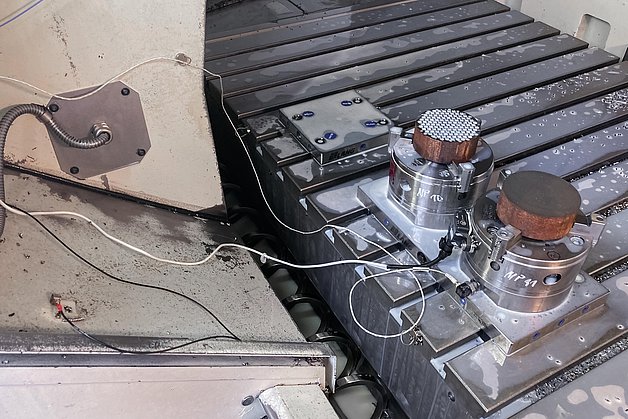
Project
KIQ
IMMS has developed an AI-based, retrofittable and cost-effective solution for quality assurance of machining tools.
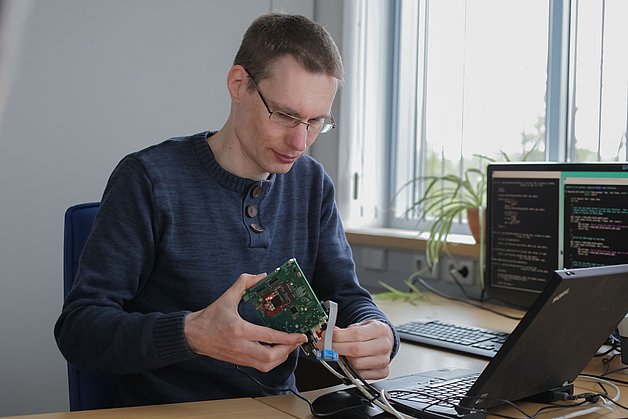
Project
sUSe
To use compressed air for industrial processes in an energy-efficient way, IMMS has developed the electronics platform for an automatable sensor solution.
Trade-off between Spectral Feature Extractors for Machine Health Prognostics on Microcontrollers
Umut Onus1. Sebastian Uziel1. Tino Hutschenreuther1. Silvia Krug1,2.2022 IEEE 9th International Conference on Computational Intelligence and Virtual Environments for Measurement Systems and Applications (CIVEMSA), 2022, pp. 1-6, DOI: doi.org/10.1109/CIVEMSA53371.2022.9853642, 15 - 17 June 2022, Chemnitz, Germany
1IMMS Institut für Mikroelektronik- und Mechatronik-Systeme gemeinnützige GmbH, 98693 Ilmenau, Germany. 2Mid Sweden University, Sundsvall, Sweden.Vorhersage von Werkzeugverschleiß mittels KI
Umut Onus1.Sensorfusion und Künstliche Intelligenz, Veranstaltung der Arbeitskreise Künstliche Intelligenz und Smart Systems & Internet of Things, Silicon Saxony e. V., 14. Juli 2021, online
1IMMS Institut für Mikroelektronik- und Mechatronik-Systeme gemeinnützige GmbH, 98693 Ilmenau, Germany.A Case Study on Suitability of Machine Learning for Predictive Drill Bit Sharpness Estimation
Umut Onus1. Stefan Marr2. Sebastian Uziel1. Silvia Krug1.2021 IEEE International Workshop on Metrology for Industry 4.0 and IoT, DOI: doi.org/10.1109/MetroInd4.0IoT51437.2021.9488429, 7-9 June 2021, Rome, Italy, online
1IMMS Institut für Mikroelektronik- und Mechatronik-Systeme gemeinnützige GmbH, 98693 Ilmenau, Germany. 2GFE Gesellschaft für Fertigungstechnik und Entwicklung Schmalkalden e.V..Prediction of tool wear using vibration measurements and AI / Vorhersage von Werkzeugverschleiß mittels Schwingungsmessungen und KI
Umut Onus1.KI-Entwicklerstammtisch, 13. April 2021, online
1IMMS Institut für Mikroelektronik- und Mechatronik-Systeme gemeinnützige GmbH, 98693 Ilmenau, Germany.


